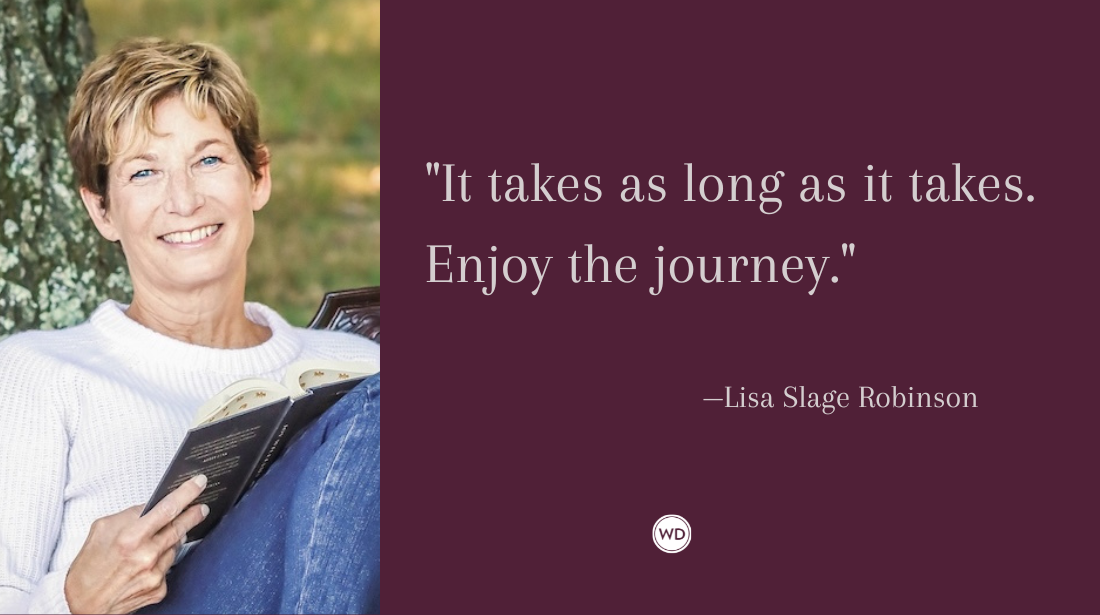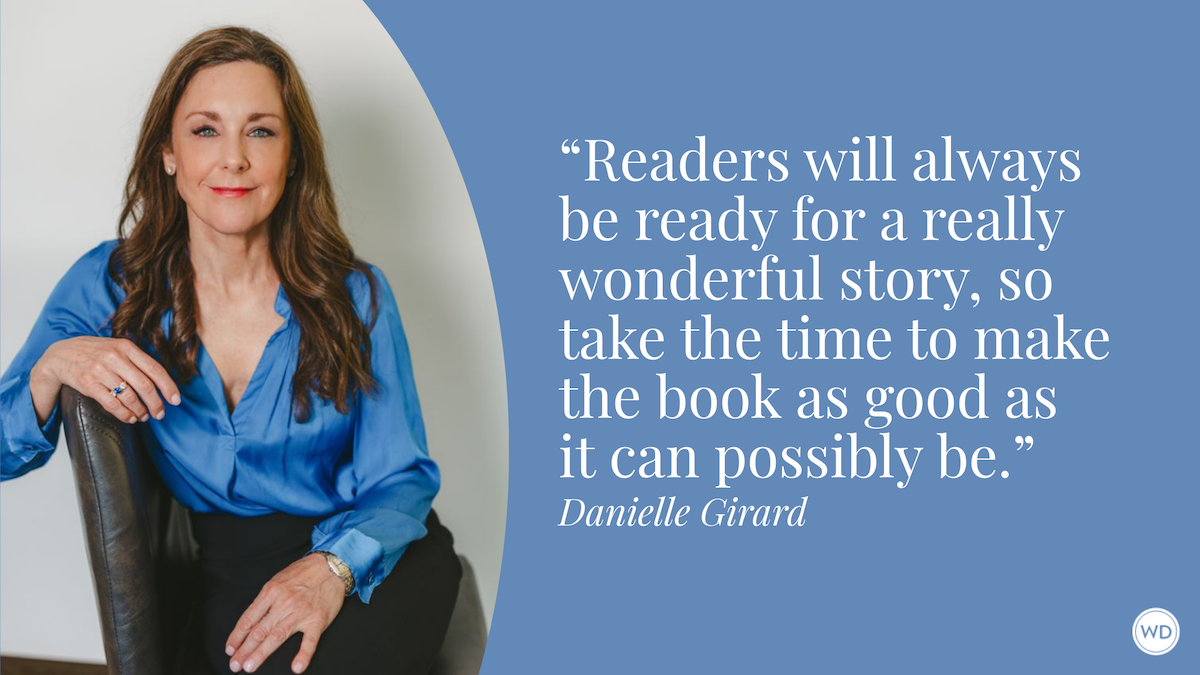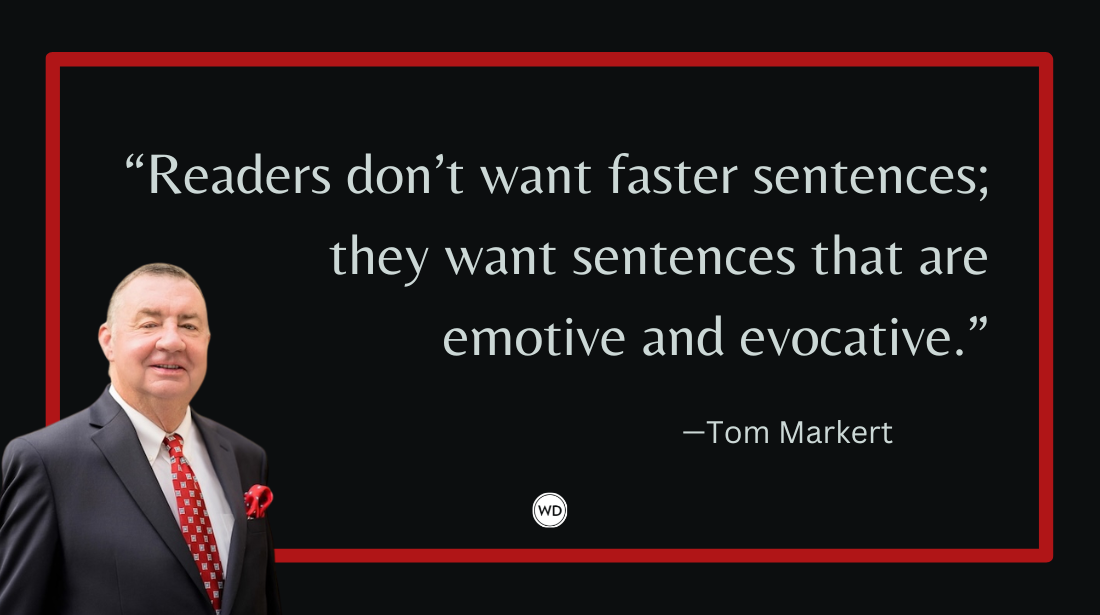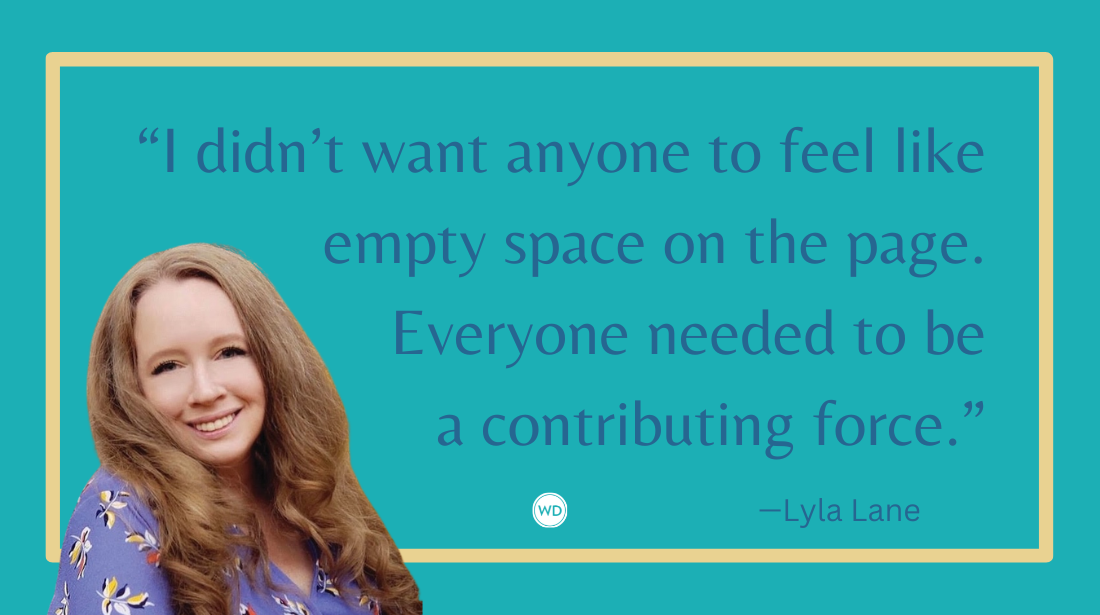When Pantsing Pays Off for Writers
Freelancer Chris Saunders, who usually plots his fiction, shares how he was able to pants his way to a byline and payday.
One of the things that makes successful freelancers successful freelancers is their dependability. Put bluntly, they fulfill their assignments on time, to spec, and with the minimum of fuss. It's their bread and butter. But sometimes it pays to go the extra mile, or even go entirely off piste.
For example, I was recently invited to contribute to an anthology of short stories, which is always an honor. The problem is, or was, that I had nothing in the vault that remotely fit the brief. I didn't want to put the publisher in an awkward position by submitting something outside the remit, so I decided to write something new from scratch.
Two problems immediately presented themselves. One was the deadline. I thrive on deadlines when writing nonfiction articles. They help me plan my workload and structure my days. But this was different. It was fiction. I needed to be creative, and that is something you can neither force nor turn on and off like a tap. It's either flowing or it isn't. This immediately fed into the second problem; I didn't have any solid ideas. I had a main character, and that was about it.
The longer I procastrinated, waiting for inspiration to strike, the closer the deadline became and the more my anxiety peaked. So one afternoon I just started writing. I realize this may be considered the height of pantsing, as opposed to plotting, attitudes to which is something which divides the writing community. To somebody in the habit of plotting, pantsing can seem somewhat impulsive or even counter-intuitive. How can you possibly arrive at a destination if you don't know how to get there? The trick, I soon learned, is to put your faith in your characters and trust them to take the lead.
I found the experience both liberating and thrilling. I had no idea what on earth was going to happen next. Advocates of the pantsing method claim that as you are not bound by pre-determined concepts or ideas, it frees up your characters, and in turn your imagination. This often injects enthusiasm and a sense of wonder into your work, making it more exciting and less predictable. If the writer doesn't know what's coming next, how can the reader?
Quite unexpectedly, I quickly found myself completely immersed and the story powered along, taking me with it. There was a kind of symmetry as I, the main character, and the reader, all learned where the story was heading at the same time. The work took slightly longer to complete than normal. I am not a prolific short story writer. I usually manage about half a dozen a year. But when I hit upon a solid idea, I am usually able to apply myself and produce a first draft within a few days.
Then follows the editing and rewriting process, obviously, but apart from a few tweaks the story itself doesn't change much. In this case, I did hit a few roadblocks and even had to rewind on more than one occasion after taking a wrong turn, but that's okay. It's the nature of writing and we can't all get it right first time. Just remember it's your story, your world, and you can mold it however you want.
In the end, my unconventional working method mattered not one jot as the editor of the anthology loved the story and I was soon the recipient of a much-welcomed contributor's check. It goes to show that it makes little difference how you achieve your goals or fulfill your obligations, just that you do. Of course, some methods will always be more popular than others, but it is our responsibility as writers to find ways that work for us, and we can't all be the same.
With a little tweaking, this same approach can be applied to other forms of writing. Take those nonfiction articles I mentioned earlier. As I said, your first priority is to fulfill your brief. Don't try to pass off a 1,500-word article on the breeding habits of penguins in captivity if you were commissioned to write a 2,200-word article about the science behind cloud seeding. This happens more often than it should. Ask any editor. Sometimes it may be attributed to a misunderstanding or a communication breakdown, but (whisper it) it could just as easily be the result of freelancers biting off more than they can chew and failing to deliver on their promises. Needless to say, this can be very damaging.
After you submit the requested article on time, to spec, and with your reputation suitably enhanced, you should seriously consider hitting that editor with some new pitches, perhaps for articles on adjacent or related topics to the one you just wrote about. You might be surprised how receptive editors can be when your name is still fresh in their mind and they know you have the ability and inclination to get the job done.
Chris Saunders, who writes fiction as C.M. Saunders, is a writer and editor from New Tredegar, Wales. After teaching English in China for several years he worked extensively in the publishing industry, holding desk jobs ranging from staff writer to associate editor, and is currently employed at a trade publication. His fiction has appeared in numerous magazines, ezines and anthologies around the world including The Literary Hatchet, Crimson Streets, 34 Orchard, Phantasomagoria, Burnt Fur, and DOA volumes I and III, while his books have been both traditionally and independently published. His latest release is the horror western Silent Mine on Undertaker Books.








